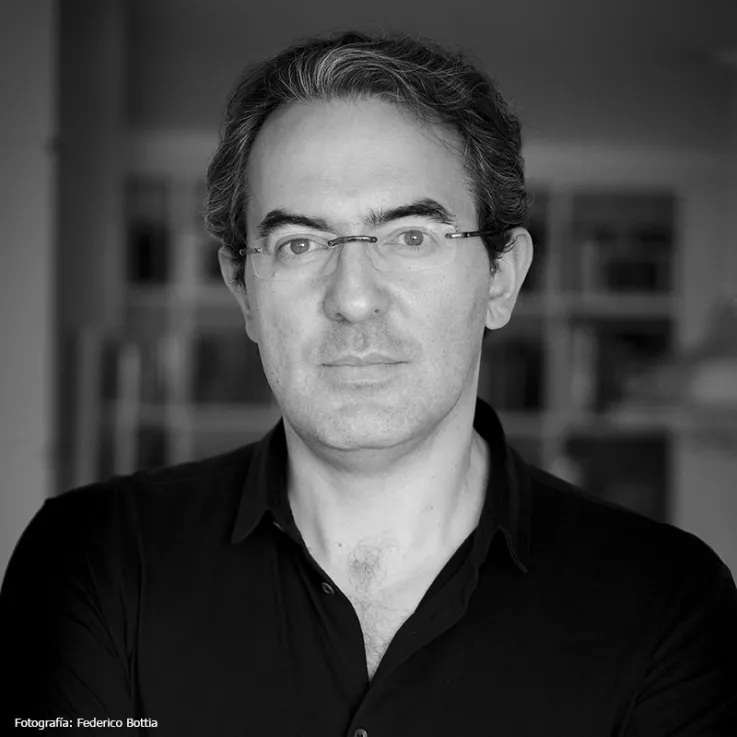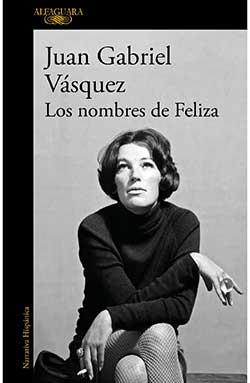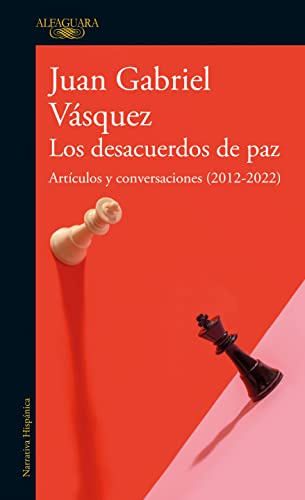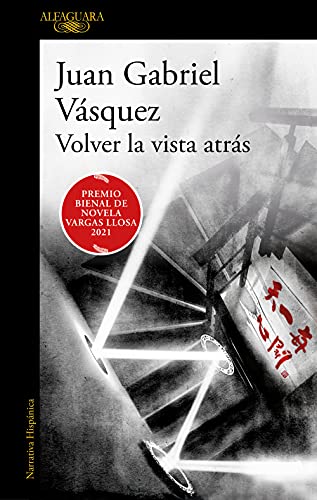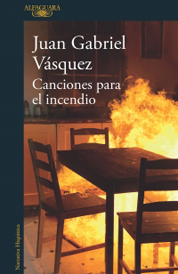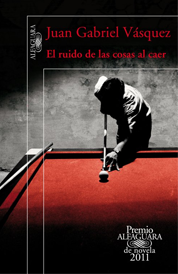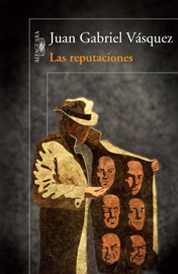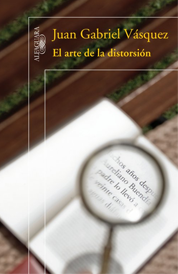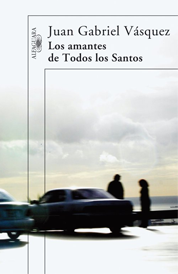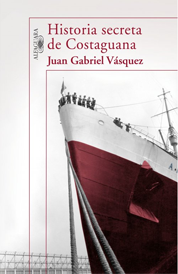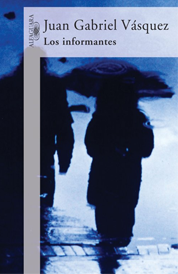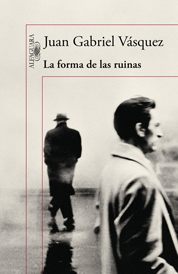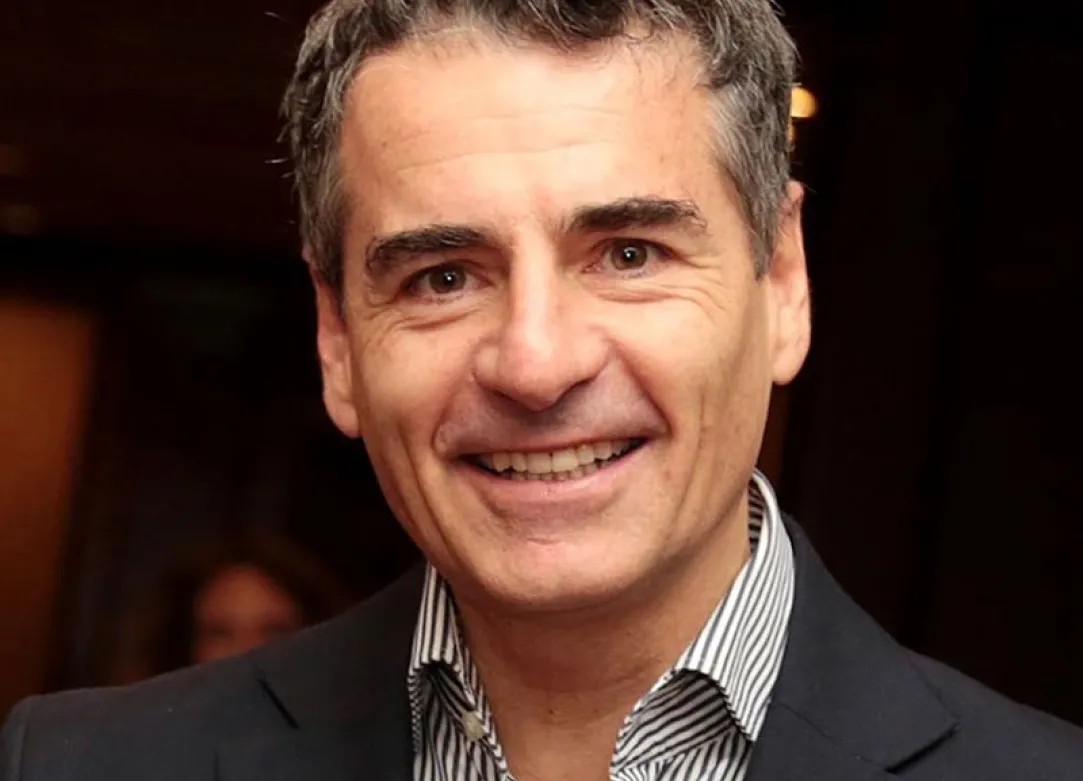Juan Gabriel Vásquez is widely regarded as one of the foremost novelists of our time. His literary work has been translated into more than thirty languages and honored with numerous international awards, including the Alfaguara Prize, the International IMPAC Dublin Literary Award, the Royal Spanish Academy Prize, and the Mario Vargas Llosa Biennial Novel Prize. In recognition of his contribution to world literature, he was named a Knight of the Order of Arts and Letters by the French Republic in 2016, received the Order of Isabella the Catholic in 2018, and was appointed an International Writer by the Royal Society of Literature in 2022.
Vásquez has also distinguished himself as one of today’s most lucid public intellectuals. For over two decades, he has written influential political and cultural essays for El Espectador, The New York Times, The Guardian, and above all, El País, where his columns rank among the most widely read.
He has lectured at many of the world’s leading universities—including Oxford, Columbia, Georgetown, Freie Universität Berlin, and the University of Bern—and has been featured in major cultural and corporate forums. A master of the stage, Vásquez has shared thought-provoking conversations with Mario Vargas Llosa, Carlos Fuentes, Salman Rushdie, Jonathan Franzen, Javier Cercas, Philippe Sands, Leila Guerriero, Abdulrazak Gurnah, and Irene Vallejo, among many others.
